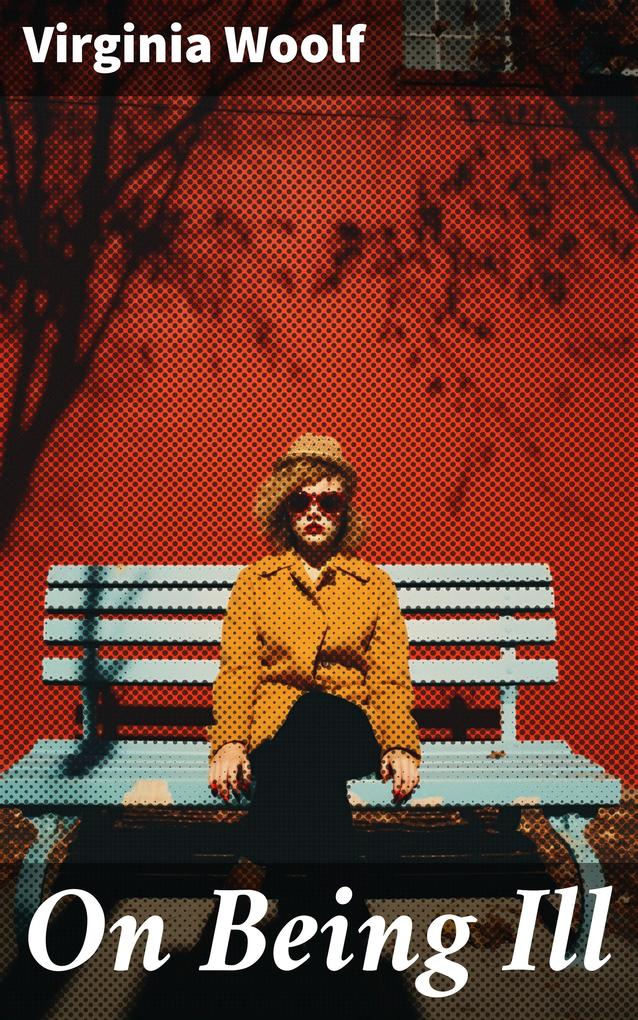Bücher versandkostenfrei*100 Tage RückgaberechtAbholung in der Wunschfiliale
Ihr Ostergeschenk: 15% Rabatt auf viele Sortimente11 mit dem Code OSTERN15
Jetzt einlösen
mehr erfahren
Sofort lieferbar (Download)
In "On Being Ill," Virginia Woolf embarks on a profound exploration of the complexities of illness and its impact on both the individual and the creative process. Written during a time when modernist literature was gaining momentum, Woolf employs a lyrical and introspective style, interweaving personal reflection with broader meditations on the nature of suffering. Her narrative challenges conventional notions of illness, elevating personal pain into a nuanced commentary on the human condition. Through an innovative blend of prose and poetic language, Woolf invites readers to reconsider the relationship between health and artistic expression, revealing how illness can bring forth deep existential insights. Virginia Woolf, a luminary of the modernist movement, is renowned for her contributions to narrative form and psychological depth. Her own struggles with mental health and societal expectations significantly informed her writing. Woolf'Äôs examination of sickness in this essay not only reflects her personal vulnerabilities but also critiques the cultural ambivalence towards women's health and emotional labor in early 20th-century society, positing illness as a profound yet often overlooked aspect of life and creativity. "On Being Ill" is essential reading for anyone interested in the intersection of health, art, and gender. Woolf's incisive prose offers invaluable insights into the experience of suffering, making it a timeless work that resonates with those grappling with their own experiences of illness or seeking a deeper understanding of the human psyche.
Produktdetails
Erscheinungsdatum
29. Dezember 2023
Sprache
englisch
Seitenanzahl
28
Dateigröße
1,44 MB
Autor/Autorin
Virginia Woolf
Verlag/Hersteller
Kopierschutz
mit Wasserzeichen versehen
Family Sharing
Ja
Produktart
EBOOK
Dateiformat
EPUB
ISBN
8596547793069
Entdecken Sie mehr
Bewertungen
0 Bewertungen
Es wurden noch keine Bewertungen abgegeben. Schreiben Sie die erste Bewertung zu "On Being Ill" und helfen Sie damit anderen bei der Kaufentscheidung.








